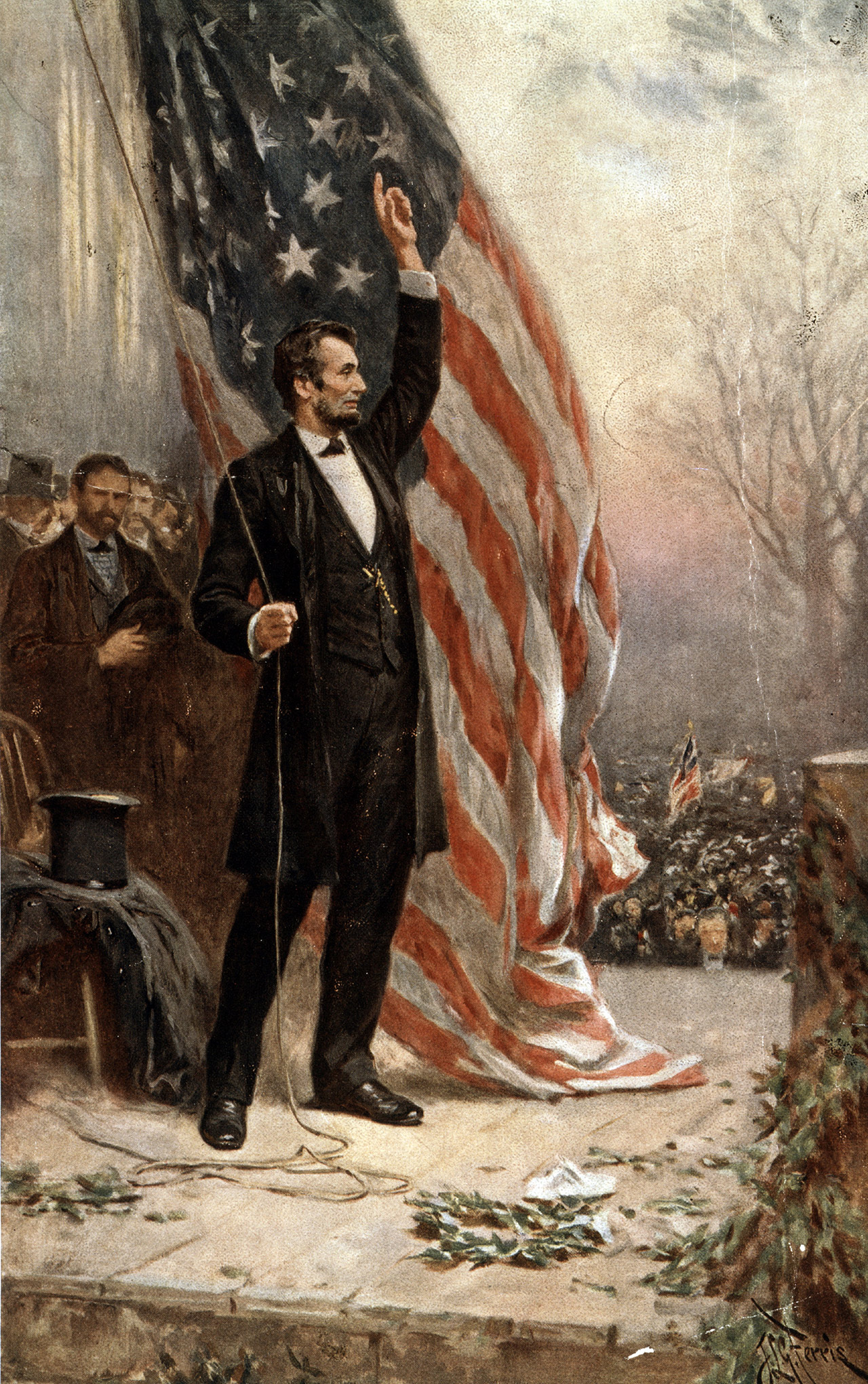
Masugi, who was an adviser to Justice Clarence Thomas when Thomas was chairman of the Equal Employment Opportunity Commission, is a senior fellow of the Claremont Institute
Those five famous words from the Declaration of Independence sound simple enough: all men are created equal. For nearly 250 years, the U.S. has leaned on that founding proposition. In theory, its meaning is clear. In practice, battles have raged—sometimes literally—over what it means, not just for American government but for American life in general.
The false simplicity of the “self-evident” truth has led to divergent attitudes toward that fundamental proposition. Today, equality has become a cliché, drained of fire and revolutionary fervor. Any sort of perceived inequality—income, racial and ethnic differences, gender distinctions—will raise an accusation of injustice from some. But another view has it that the equality of the declaration is best expressed as equality of opportunity, a gradually expanding ideal that has come to erase distinctions that previously divided. We see this in the change from “may the best man win” to “may the best person win.”
Each side has strong points in its favor. The passion of those who see oppression today in this or that long-standing practice mirrors that of the 19th century’s fire-breathing abolitionists. Meanwhile, “equality of opportunity” has the advantage of taking account of natural differences. Equality in all things? We don’t need to watch the Super Bowl to dismiss it as fanciful.
The utopians might respond that prioritizing this supposed equality results in the very inequalities that they question: racial privilege, elite colleges, losers, sexism. They would argue that true equality requires taking from some and giving to others, to even out the differences. And so equality seems absurd. Either it doesn’t exist or, if we claim it exists, it seems to defy reality. But Thomas Jefferson and Abraham Lincoln were not fools. They were neither cynics nor utopians.
For clarification, we should return to Abraham Lincoln’s subtle and profound teaching about equality, at a moment when that foundation was threatened by a form of inequality everyone today condemns: slavery. He once gave an instructive exercise in trying to prevent civil war. In opposing the recently announced Dred Scott decision, in which the Supreme Court deprived African Americans of not only citizenship but of human dignity, Illinois Senate candidate Lincoln parried the vicious racial demagoguery on the part of incumbent Senator Stephen Douglas. When Douglas accused him of being in favor of inter-racial marriage, Lincoln acknowledged that most of his white listeners opposed “amalgamation” with black people. (Running for office in a state that prohibited slavery but also discriminated against black people in innumerable ways, he could not dismiss that fact.)
Careless listeners then as now might conclude that Lincoln shared this “natural disgust.” But in fact, his explanation defends liberty for all and justifies equality as an ideal. Just because he did not want to enslave a woman, he said, did not mean he personally wanted to marry her. “In some respects she certainly is not my equal; but in her natural right to eat the bread she earns with her own hands without asking leave of anyone else,” he went on, “she is my equal, and the equal of all others.”
His listeners did not have to change their racist views in order to be antislavery; they did not have to want a world in which everyone had what amounts to an equal experience to believe everyone should benefit according to her own work. In fact, Lincoln would define slavery in five words: “You work, and I eat.” And those who would stop others from enjoying the full earnings of their own work, even in the service of more equal outcomes, defy the most basic equality.
From that equality can grow a new political future not only for those freed from slavery but also for those who were formerly masters. It might take generations to create that mutual respect, in which we are a nation of equal individuals, not a nation of fixed tribes, incapable of change. Lincoln brought his audience—people who may have been morally vicious, indifferent or even fanatically against slavery—together on the side of the founders. We today are only human, but they were too.
This article is part of a special project about equality in America today. Read more about The March, TIME’s virtual reality re-creation of the 1963 March on Washington and sign up for TIME’s history newsletter for updates.
More Must-Reads From TIME
- The 100 Most Influential People of 2024
- Coco Gauff Is Playing for Herself Now
- Scenes From Pro-Palestinian Encampments Across U.S. Universities
- 6 Compliments That Land Every Time
- If You're Dating Right Now , You're Brave: Column
- The AI That Could Heal a Divided Internet
- Fallout Is a Brilliant Model for the Future of Video Game Adaptations
- Want Weekly Recs on What to Watch, Read, and More? Sign Up for Worth Your Time
Contact us at letters@time.com